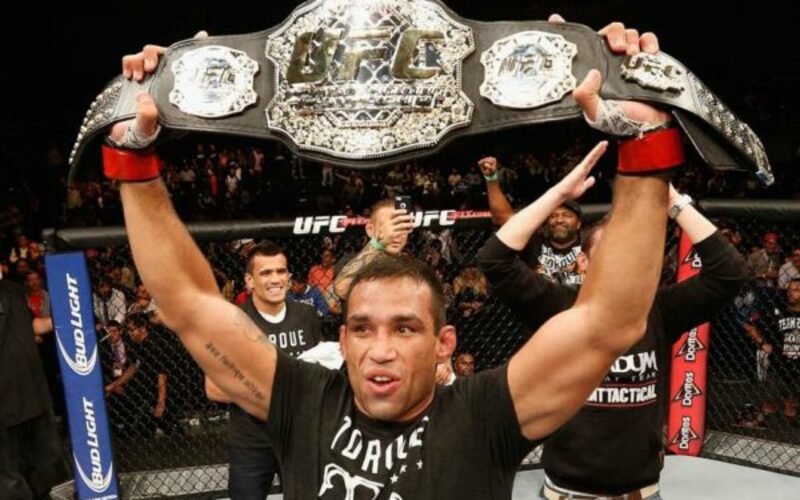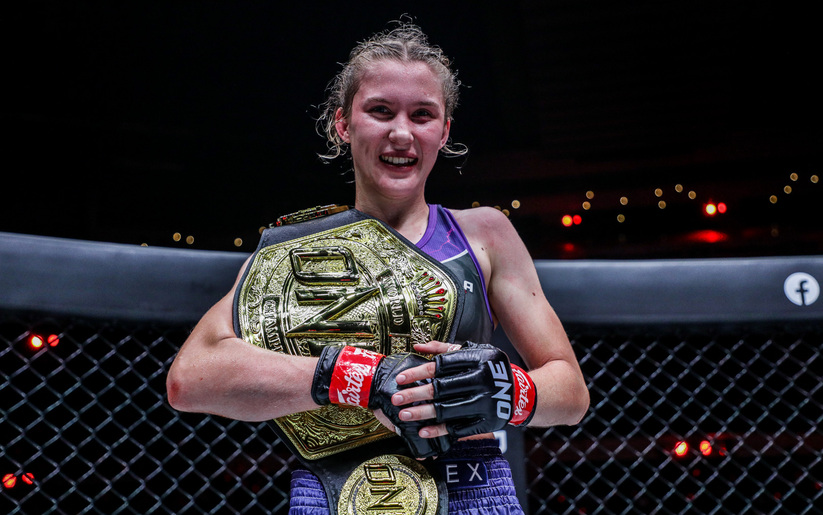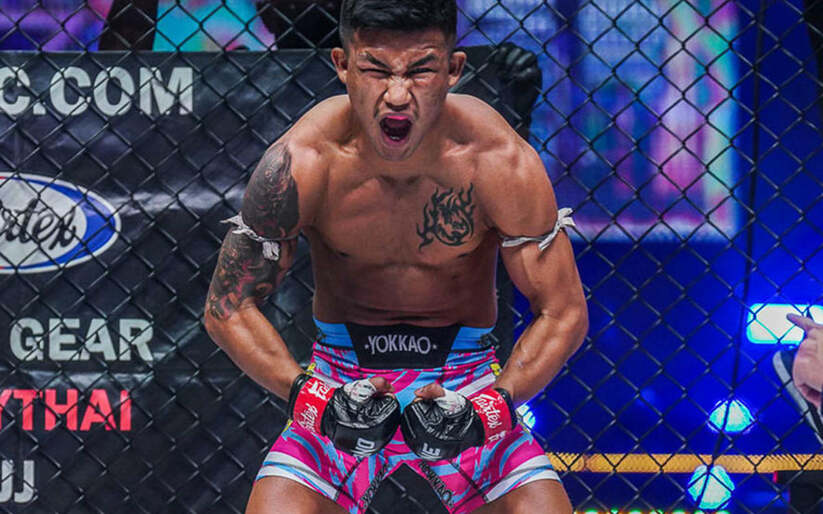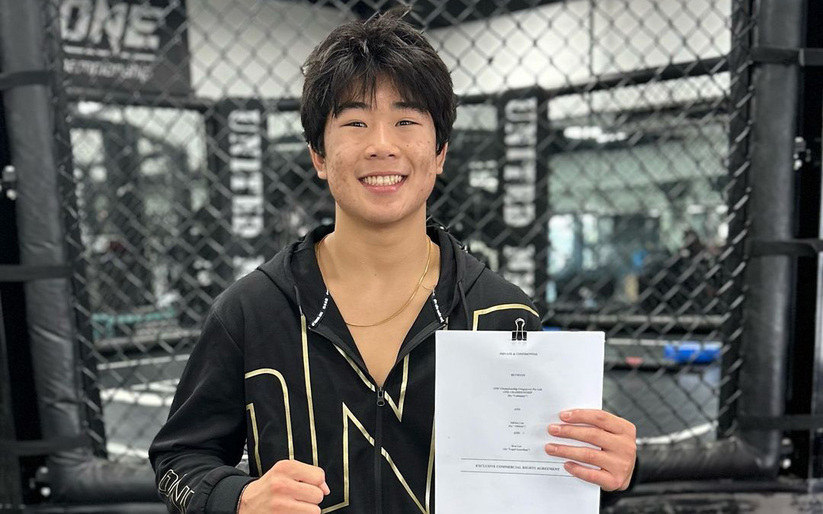Fabricio Werdum hadn’t even finished troll facing before people started asking the question: With wins over Fedor Emelianenko, Antonio Rodrigo Nogueira, and Cain Velasquez, is Fabricio Werdum the greatest heavyweight MMA fighter of all time?
It’s a fair-enough question, given how quickly “greatest of all times” monikers move in a sport that has yet to exist for a quarter-century. Emelianenko was widely regarded as the greatest fighter, full stop, of all time until Anderson Silva and Georges St-Pierre came along. Many felt Velasquez was in the midsts of putting together a resume to overtake Emelianenko, if he hadn’t done so already. Werdum, by extension, must have a great case himself.
Werdum’s record warrants a place among the sport’s elite heavyweights. His 20-5-1 record contains very few gimmes, and the five losses have meaningful names attached to them: Kharitonov, Nogueira, Arlovski, dos Santos, and Overeem. Two of those losses are split – Nogueira and Overeem – and he has the chance to avenge against dos Santos and Arlovski during this title reign. His noted wins are padded by victories over the heavyweight division’s meat and potatoes: Hunt, Browne, Nelson, “Bigfoot” Silva, Gabriel Gonzaga, and Aleksander Emelianenko. This is a career worth celebrating.
But a great career does not make the greatest career. Werdum’s win over Velasquez gave him six straight, which ties the career high he set at the outset of his career (which includes a draw in his second pro fight as the result of a point deduction). In the interim, Werdum never won more than three fights in a row. There’s no sustained dominance over the elite of the division. (The loss to Werdum cuts into Velasquez’s claim for this same reason.)
Werdum’s signature wins should also be seen in context. Emelianenko would lose twice more (in convincing fashion) before taking three easy wins en route to retirement. Velasquez was returning from a 20-month injury sabbatical and doing so in an extreme environment. And anyone pointing to beating “Minotauro” Nogueria in 2013 as a value-add should not be trusted.
This doesn’t take anything away from those wins – Emelianenko and Velasquez were both ranked number-one at the time – but legacy debates require this kind of granular analysis. Emelianenko beat his top contemporaries – Nogueira and Mirko “Cro Cop” Filipovic – healthy and in their primes. Velasquez has been less fortunate in fighting a diversity of names, but dominated 48 of 49 minutes against dos Santos.
Werdum still has something to prove in that regard. A win over dos Santos helps. A win over a healthy and rehabbed Velasquez helps even more. Werdum’s legacy relies on them to an extent, because defenses over Arlovski and Ben Rothwell won’t suffice in their absence, though breaking the heavyweight consecutive defenses record (two!) would lend to his cause.
Until last night, Werdum was never considered the number one heavyweight in the world, making the argument that he’s the greatest heavyweight of all time specious. The road to glory sits before him, though, and he’s surprised us before.
* * *
Win or lose, Cain Velasquez’s career was likely to be defined by “What if?” What if he hadn’t fought Junior dos Santos injured in 2011? What if he hadn’t lost 20 months of his prime to injury? And now we get to add: What if he hadn’t returned from that 20-month layoff to face the top challenger a mile-plus above sea level?
That’s a decision – to have Velasquez face who he did where he did when he did – that’s worth questioning the parties involved. The UFC set up their biggest local draw to fail in an emerging market. Velasquez’s camp allowed their fighter to take a fight a dangerous fight in an unfamiliar and extreme environment. Velasquez, too, should be questioned for resisting moving his camp to Mexico City until two weeks before the fight.
The biggest culprit that played into last night’s result is the reluctance – of fans, fighters, camps, media, and promotion – to allow an injured champion to take a tuneup fight (or two) upon his or her return. We saw this with Dominick Cruz, who was dead set on returning against Renan Barao until the UFC stripped him of his title. He then returned successfully against Takeya Mizugaki (before another injury set him back). Georges St-Pierre returned after 18 months against Carlos Condit, albeit in the friendly confines of Montreal.
When Muhammad Ali returned to boxing in 1970, he didn’t jump right back in against Joe Frazier. He fought Jerry Quarry and Oscar Bonavena first. There’s no reason Velasquez couldn’t have fought an Andrei Arlovski or Ben Rothwell first.
Nothing, that is, except for the belt, which people hold in a weird reverence. The champion should take on any comer at any time, and if he or she can’t or won’t, the UFC should take the belt away. This leads to situations like last night where a clearly suboptimal Cain Velasquez attempted a defense of his title against the legitimate number-one contender.
* * *
Kelvin Gastelum unloaded punches while he had Nate Marquardt trapped up against the fence midway through the second round of their fight. Referee Dan Miragliotta, despite all evidence that Marquardt needed a way out, sauntered over and inspected the violence. Marquardt found enough defense to warrant the thinnest justification for the fight to continue. He wound up lasting the rest of the round, though Miragliotta could have stepped in at any point in the interim with cause.
When Marquardt returned to his corner, he told trainer Trevor Wittman that he had nothing left. Wittman told officials to stop the fight. When Marquardt offered a meek protest, Wittman told him sternly, “You’re done, bro,” and then compassionately, “I’m sorry, bro.”
It’s a moment notable for its rarity. In March, Duke Roofus let a one-eyed Anthony Pettis take another five minutes of punishment from Rafael dos Anjos. The stakes made Wittman’s decision easier – Marquardt is on the downside of his career at 36, fighting on the undercard – though his process was much better.
After round two ended, Wittman asked Marquardt if he was OK and then encouraged the latter to look him in the eye. He made his decision with no hesitation when Marquardt said he had nothing left. Roofus, meanwhile, made no such inquiry into his fighter’s well-being, and when the fighter volunteered information that he was blind in one eye, Roofus told him, “I know, I know. Let’s move that angle. Let’s do this, baby. Let’s go, champ.”
Hats off to Trevor Wittman for making the right decision in a difficult situation. Hopefully we won’t have to single out trainers for this sort of thing in the future.



